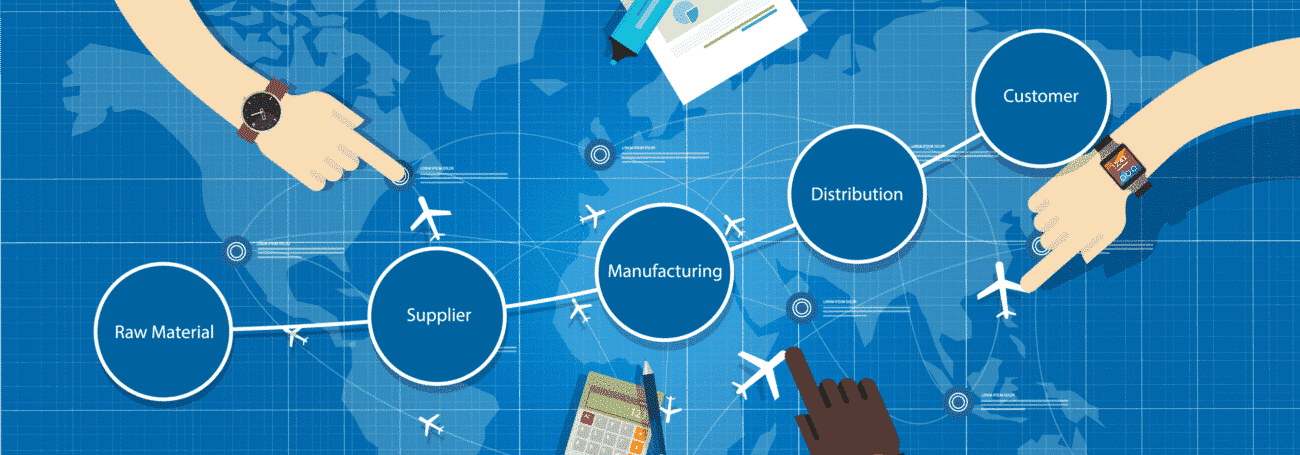The European Union (EU) has taken a significant step towards ensuring ethical practices in global supply chains with the approval of a new law. After months of negotiations, EU member states finally greenlit the Corporate Sustainability Due Diligence Directive (CSDDD) on May 24, 2024. This landmark legislation mandates large companies operating in the EU to identify and address environmental and human rights risks within their global operations.
The CSDDD will apply to companies with over 1, 000 employees and a turnover exceeding €450 million. These companies will be required to implement due diligence practices to assess potential human rights abuses and environmental harm within their supply chains. This includes risks like child labor, forced labor, inadequate working conditions, and pollution. Companies will be responsible for taking measures to prevent or mitigate these risks, and to establish grievance mechanisms for those affected.
The law marks a major development in the EU's efforts to promote corporate accountability for sustainability issues. Previously, individual member states had adopted varying national regulations on supply chain responsibility. The CSDDD establishes a harmonized approach across the bloc, ensuring a level playing field for businesses and providing greater clarity for companies on their obligations.
The approval process for the CSDDD was not without its challenges. Negotiations between the European Parliament and the Council of the European Union centered on the scope of the legislation and the size threshold for applicable companies. Ultimately, a compromise was reached, raising the initial thresholds proposed by the Parliament. While some environmental groups expressed concerns that the final version of the law weakens its potential impact, the CSDDD is still seen as a significant step forward.
The long-term impact of the legislation will depend on its implementation. The EU member states will have two years to transpose the directive into national law, after which companies will have a grace period to come into compliance. National enforcement authorities will be responsible for overseeing compliance and imposing penalties for non-adherence.
The CSDDD is likely to have a ripple effect beyond the EU's borders. Multinational companies headquartered outside the bloc but operating within the EU market will also need to comply with the new regulations. This could incentivize businesses globally to adopt more sustainable and ethical practices throughout their supply chains.
The EU's new supply chain law is a significant development with the potential to reshape corporate practices on a global scale. While challenges remain in its implementation, the legislation marks a turning point in efforts to ensure greater responsibility and transparency in global supply chains.

